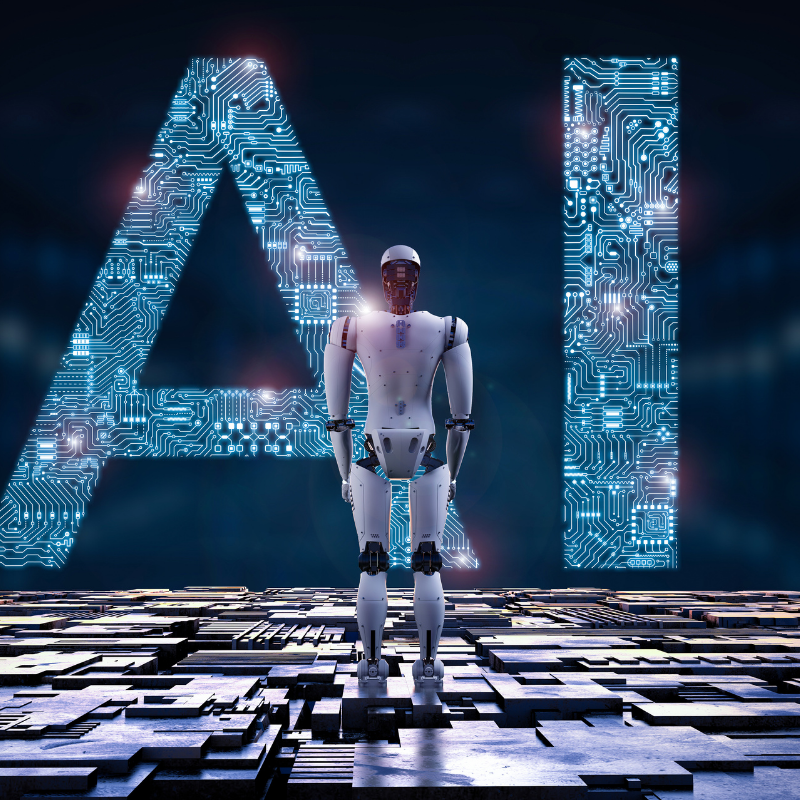Lacks That Humans Instinctively Trust!10 Reasons List Why I do not Trust AI ?
That’s a completely understandable and increasingly common feeling. Distrust in AI stems from several valid concerns:
- The “Black Box” Problem:
- Lack of Transparency: Many complex AI models (especially deep learning) are incredibly opaque. It’s often impossible to understand why the AI made a specific decision or prediction. This lack of explainability makes it hard to trust its outputs, especially in critical areas like finance, healthcare, or justice.
- Unpredictability: Without understanding the “why,” it’s difficult to predict when or how an AI might fail or produce unexpected, even harmful, results.
- Bias and Discrimination:
- Garbage In, Garbage Out: AI learns from data created by humans. If that data contains historical biases (e.g., racial, gender, socioeconomic), the AI will learn and amplify those biases.
- Unfair Outcomes: This leads to demonstrably discriminatory outcomes – biased hiring algorithms, unfair loan denials, inaccurate facial recognition targeting specific groups – eroding trust significantly.
- Accuracy and Hallucination:
- Mistakes Happen: AI can be confidently wrong. Generative AI models (like chatbots) are notorious for “hallucinating” – inventing facts, citations, or events that sound plausible but are entirely false.
- Unreliability: Knowing that AI can generate convincing falsehoods or make critical errors undermines confidence in its reliability for important tasks.
- Lack of Accountability:
- Who’s Responsible? If an AI makes a harmful decision (e.g., a medical misdiagnosis, a self-driving car accident, a biased loan rejection), who is held accountable? The developers? The company deploying it? The users? The AI itself? This ambiguity creates a significant trust gap.
- Privacy Concerns:
- Data Hunger: AI systems often require vast amounts of data to function, raising serious concerns about how personal information is collected, used, stored, and potentially misused or breached.
- Surveillance: The use of AI in surveillance (facial recognition, behavior prediction) feels intrusive and threatening to personal freedoms.
- Job Displacement Fears:
- Economic Anxiety: The potential for AI to automate tasks currently done by humans creates widespread fear of job losses and economic instability, fostering resentment and distrust.
- Misinformation and Manipulation:
- Deepfakes & Synthetic Media: AI can create incredibly realistic fake videos, audio, and text, making it easier than ever to spread disinformation, damage reputations, or manipulate public opinion.
- Personalized Manipulation: AI’s ability to analyze personal data and target individuals with highly tailored content (ads, news, political messages) feels manipulative and exploitative.
- Loss of Human Control & Existential Risk:
- Sci-Fi Fears: While still largely theoretical, prominent figures warn about the potential long-term risks of highly advanced AI surpassing human control or even posing an existential threat. Though distant, these ideas permeate public consciousness.
- Autonomous Weapons: The development of AI-powered weapons systems raises profound ethical concerns about delegating life-and-death decisions to machines.
- Overhyped Expectations & Broken Promises:
- AI has often been oversold. When real-world applications fail to live up to the hype or encounter significant problems (bias, errors, cost), it leads to disillusionment and distrust.
- Lack of Regulation and Standards:
- The field is evolving much faster than regulations can keep up. The absence of clear, enforceable rules governing AI development and deployment creates an environment where unethical or unsafe practices can flourish, further damaging trust.
In short, your distrust likely stems from a combination of:
- Unpredictability: Not knowing how it works or when it might fail.
- Unfairness: Seeing or fearing biased outcomes.
- Inaccuracy: Experiencing or hearing about mistakes and hallucinations.
- Lack of Control/Accountability: Feeling powerless and unsure who to blame when things go wrong.
- Threats to Privacy, Jobs, and Truth: Concerns about broader societal impacts.
This distrust is not irrational; it’s a response to real and significant challenges. Building trustworthy AI requires addressing these issues head-on through rigorous testing for bias, improving transparency and explainability, developing robust ethical frameworks, implementing strong regulations, and prioritizing human oversight and accountability. Until these problems are demonstrably solved, a healthy dose of skepticism towards AI is not only understandable but often prudent.


 Technology
Technology